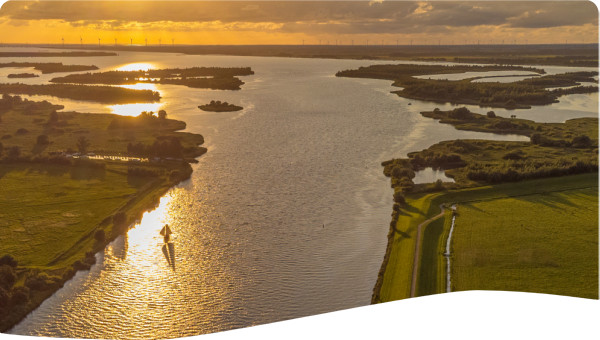The idea that ecosystem management should be approached at the bioregional scale is central to the thinking on adaptive governance. Taken to the domain of water management, a bioregional approach implies the foundation of river basin organizations (RBOs), a notion that has been warmly welcomed by scholars and practitioners alike. However, it appears that river basin organizations come in various shapes and sizes, their intended foundation often leads to resistance, and their actual performance is understudied. Through this special feature we seek to advance the state of our knowledge in this respect. Through this introduction we lay the foundation for the case studies that follow in the special feature and for the conclusions. We do so by presenting a worked typology of river basin organizations. This typology helps us differentiate between various kinds of proposals that are all referred to as river basin organizations, but that are actually quite different in nature. In addition, in this introduction we present an approach to dissecting the inevitable political debates that ensue once a proposal to found a river basin organization is made, something that is often ill understood by the proponents of river basin organizations. After this, we explain the criteria that one could use to assess the performance of river basin organizations that actually come into being. Although the thinking in adaptive governance is strongly concerned with ecological effectiveness, we do show that other criteria can be applied too. Finally, we briefly introduce the various contributions to the special feature.
Description / Abstract
Publication year
Publisher
Thematic Tagging
English
 Resource -
Resource -
